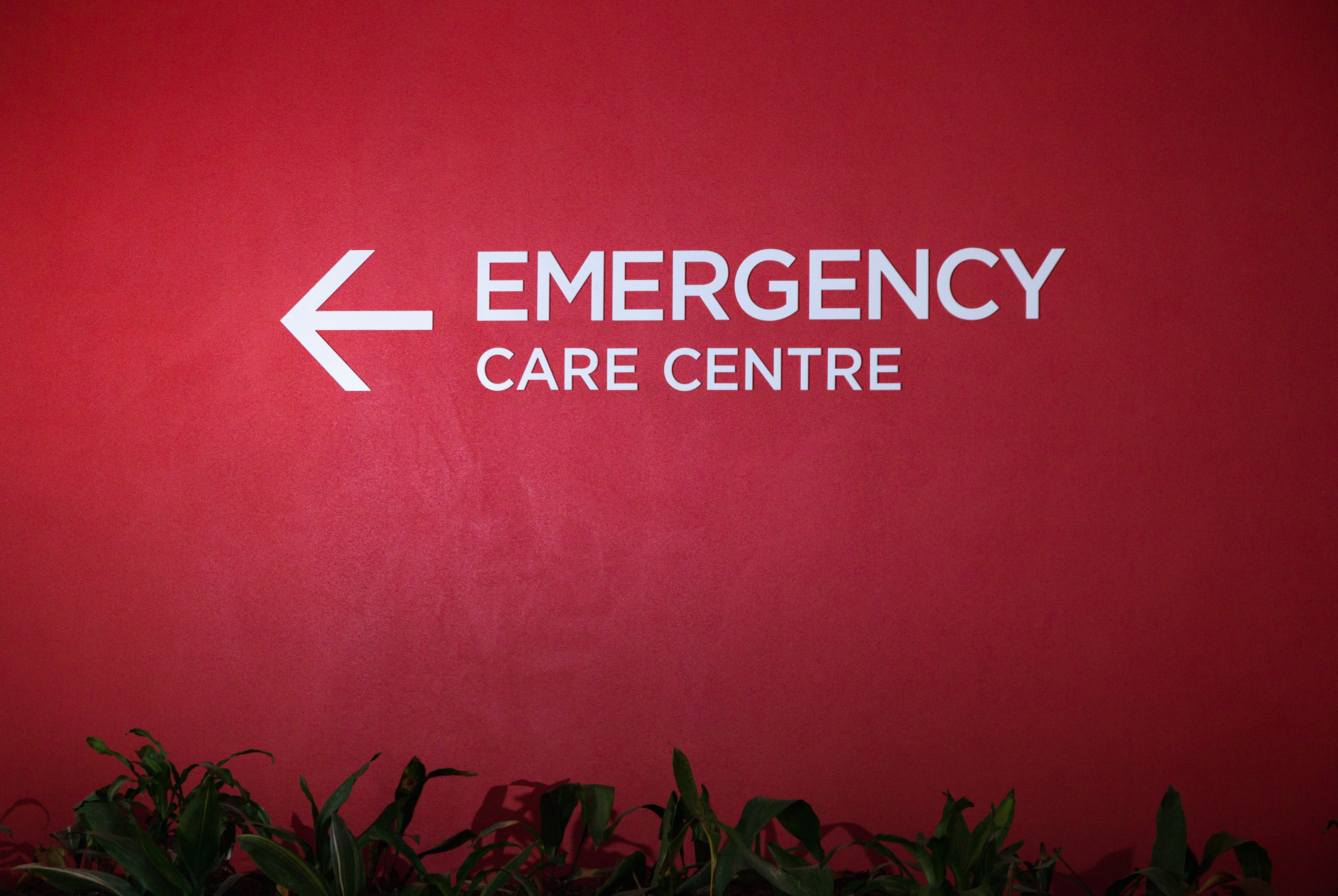Understanding Respiratory Illnesses
Insights from Dr Anthony Padowitz (Director of GCPH ED)

Respiratory illnesses is one for the most common presentations to an Emergency Department. It's essential to understand the causes, symptoms, and appropriate courses of action. Dr Anthony Padowitz, Director of the Gold Coast Private Emergency Care Centre, offers valuable insights into managing these conditions with a focus on informed decision-making and proactive healthcare.
Causes
Respiratory illnesses can be caused by a variety of factors, including:
- Viral Infections: Common cold viruses, influenza, respiratory syncytial virus (RSV), and others can cause respiratory symptoms ranging from mild to severe.
- Bacterial Infections: Bacteria such as Streptococcus pneumoniae or Haemophilus influenzae can lead to respiratory infections like pneumonia or bronchitis.
- Environmental Factors: Air pollution, allergens, and exposure to smoke or other irritants can irritate the respiratory tract and increase susceptibility to illness.
- Underlying Health Conditions: Chronic respiratory conditions like asthma, chronic obstructive pulmonary disease (COPD), or immune deficiencies can predispose individuals to respiratory infections.
Understanding these underlying causes can help individuals take preventive measures and seek appropriate medical care when needed.
Symptoms
Respiratory illnesses encompass a wide range of conditions, from common colds to more severe infections like pneumonia. Symptoms may vary but commonly include:
- Coughing
- Congestion
- Shortness of breath
- Fever or chills
- Chest pain or discomfort
Recognizing these symptoms is the first step in seeking appropriate medical care.
When to See Your GP
If you experience respiratory symptoms, it's advisable to contact your general practitioner (GP) for guidance. Your GP can evaluate your symptoms, provide a diagnosis, and recommend appropriate treatment. They may also refer you to a specialist if necessary.
Seek medical attention if you experience:
- Persistent or worsening symptoms
- Difficulty breathing
- High fever
- Chest pain
- Confusion or disorientation
When to Go to Emergency
While many respiratory illnesses can be managed at home or by a GP, certain symptoms warrant immediate medical attention. Dr Padowitz advises seeking emergency care if you experience:
- Severe difficulty breathing
- Bluish lips or face
- Chest pain or pressure
- Confusion or inability to stay awake
- Sudden dizziness or fainting
In these situations, prompt evaluation and treatment are crucial for ensuring the best possible outcomes.
Treatment
Treatment for respiratory illnesses depends on the specific condition and its severity. For mild cases, rest, hydration, and over-the-counter medications may suffice. However, more severe cases may require prescription medications, such as antibiotics for bacterial infections or antiviral drugs for certain viral illnesses.

